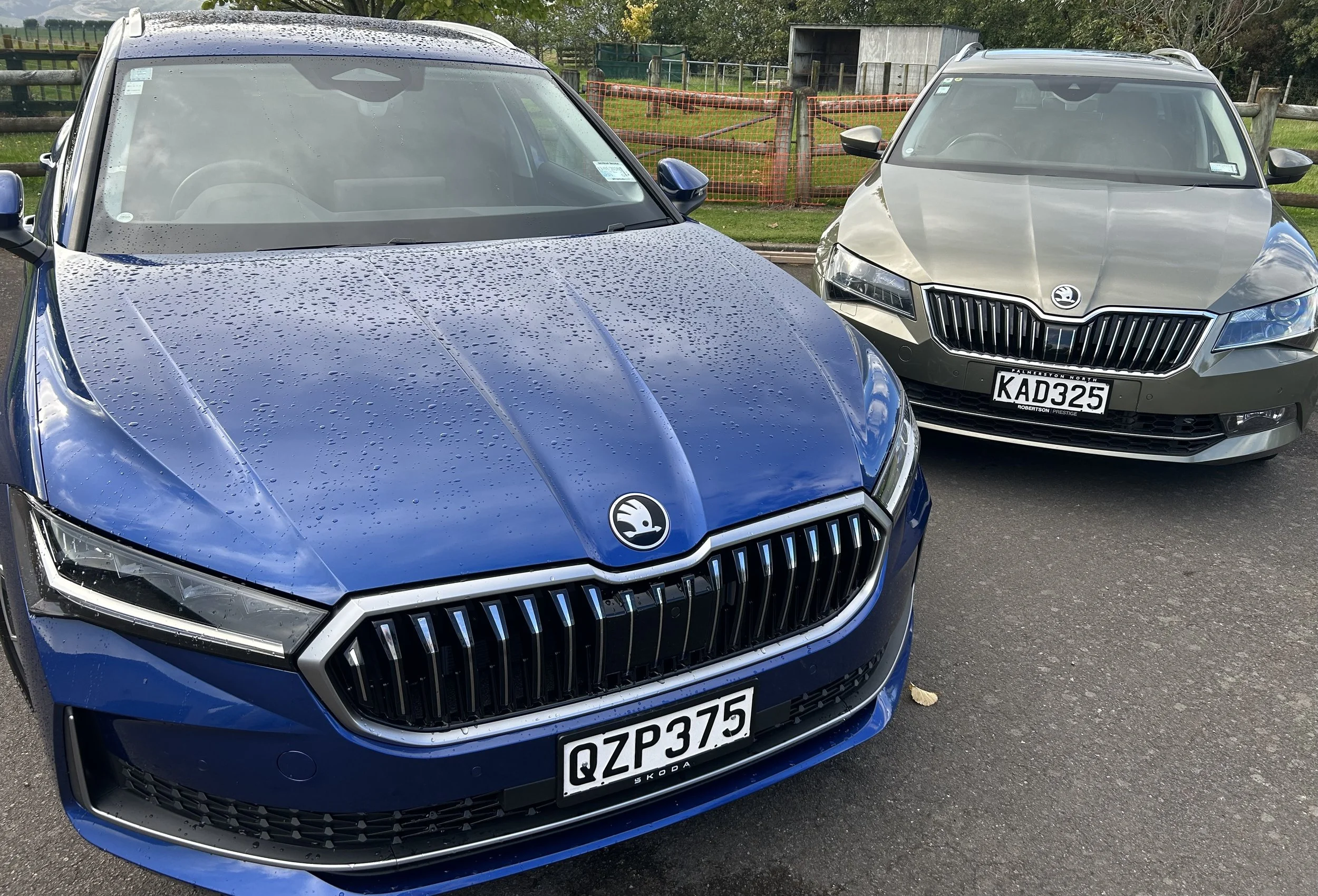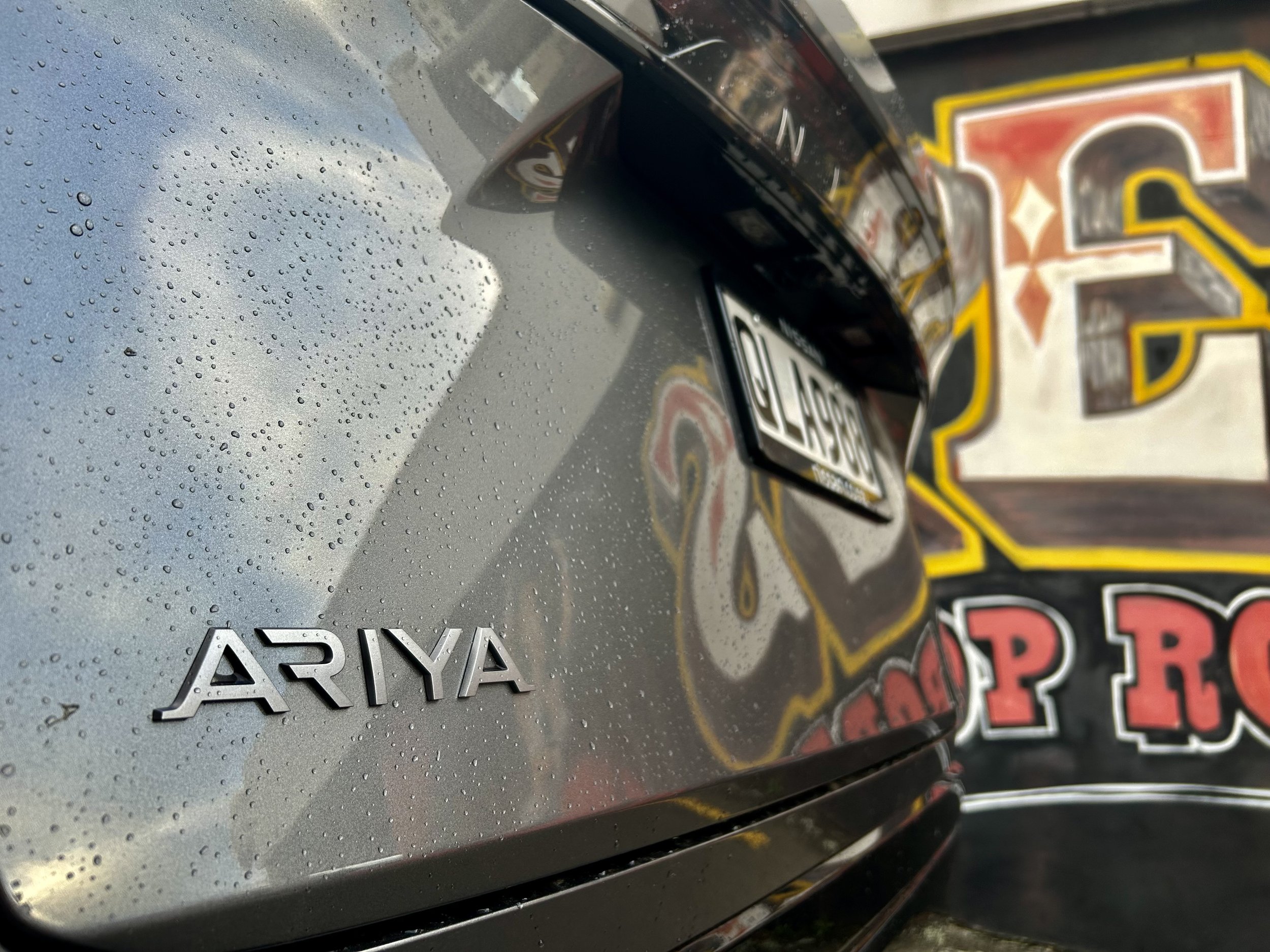Government looking to armoured electric Seven?
/The special Protection version of BMW’s electric limo has been unveiled. Will the Beehive take note?
MORE than a flag-waving exercise - potentially, it’s the one kind of i7 that will be needed if BMW is to persuade Government to adopt it’s luxury flagship as its first fully electric Government VIP ride.
Unveiled internationally today, the relevance of this latest edition of the battery-dedicated limo is its designation name: Protection.
Simply, this is the edition offering bullet and bomb-proof resilience.
New Zealand already has an armoured Seven in the Crown fleet. It’s thought to be a petrol V12, now getting on, being a two generations’-old FO3 series vehicle, out of the the first of three tranches of Sevens, bought more than two decades ago.
The special car was kept when the current fleet of 32 diesel G11 Series Sevens were secured in 2015.
Ironically, it’s required primarily when New Zealand plays host to visiting international high-ups requiring a high level of security in event they don’t have the wherewithal to bring their own wheels.
The Crown’s current VIP cars are now thought to be due for renewal under the All of Government Vehicles procurement process, overseen by the Ministry of Business, Innovation and Employment (MBIE), but the whole process seems shrouded in secrecy.
Previous Government BMW fleet contracts have centred around runout versions of the luxury limousine - models that were at the end of their production cycle and due for replacement by the factory.
Government policy now being to favour electric over conventional internal combustion engines whenever possible has short-circuited that policy; electric requires front-footing.
BMW NZ acknowledged early this year on occasion of the regular $276,900 i7’s unveiling that Government was sampling its electric drivetrain, with consideration to buying.
That admission earned a swift rebuke from the Beehive bureaucrats and the national distributor has since kept quiet. The Ministry of Internal Affairs has also largely stymied requests for information.
Back then, it was surmised the i7 Protection would be in development, but at that time little was known about it.
Now BMW in Munich has sent out a release, in which they state the car is the first armoured electric sedan to be offered by a car manufacturer. It’s an alternate to a petrol, 760Li grade model also created to identical protective spec.
Both are certified to VR9 protection standards, which signals security against various levels of gunfire (including high-velocity and armour-piercing shells) and explosive devices.
The glass used provides the highest level of protection for a civilian protection vehicle. The armoured body can be upgraded to an even tougher VPAM10 classification as an option.
BMW says the appearance of the vehicles is similar to regular variants and is more discreet than protection vehicles that are converted post-production.
The latest models benefit from a newly engineered Protection Core. This concept sees the car's entire supporting structure built from armoured steel to form a self-supporting protective cell, which is then combined with protection-spec doors, armouring for the underbody and roof, and safety glass.
Occupants can expect protection from explosives underneath the car, as well as from drone attacks.
Specially developed PAX run flat tyres from Michelin enable the cars to continue driving when fully deflated.
A variety of custom options are available, including a fresh-air supply system, a fire extinguishing system, flashing lights, radio transceivers and flag poles.
The weights of the vehicles have not been disclosed, however if past armoured 7 Series sedans are a guide, upgrades may add as much as a tonne to the 2.7 tonnes of the standard i7.
The i7 Potection has same dual-motor setup as the showroom i7 M70 xDrive, producing up to 400kW and 745Nm, but the extra kilos dull the performance, with 0-100kmh in nine seconds. Basically, twice the time taken by the regular version.
BMW offers specialised driver training courses for chauffeurs, while a global network of experts is said to provide worldwide service and support specific to the Protection vehicles.




















